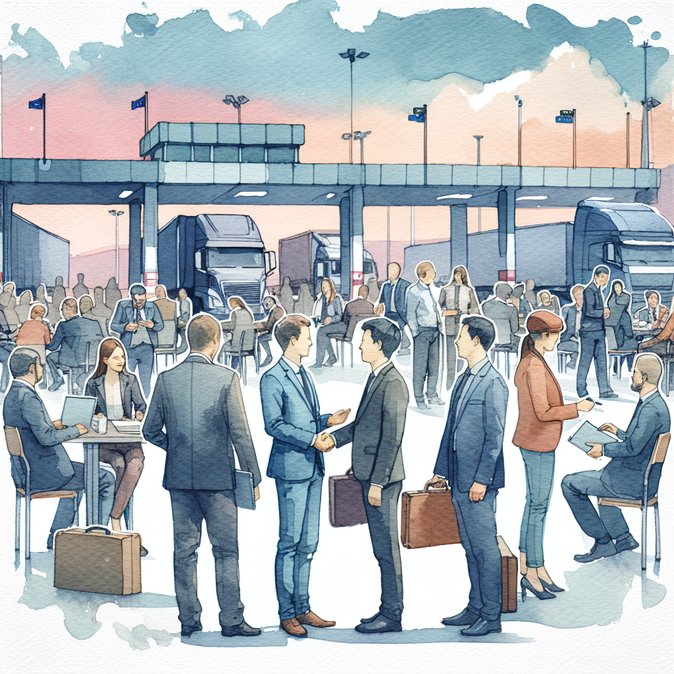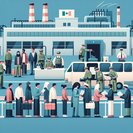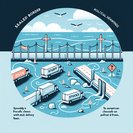
In its 7 November 2025 morning bulletin the Polish Border Guard (SG) recorded 12 attempted illegal crossings from Belarus the previous day and refused entry to two travellers at the German border after inspecting more than 6,400 people and 2,800 vehicles. The agency warned that the hybrid migration pressure orchestrated by Minsk shows “no sign of abating”, prompting Warsaw to keep extraordinary measures in place.
The interior ministry’s latest decree, referenced in the same communiqué, prolongs temporary border controls with Germany and Lithuania for another six months—until 4 April 2026—and renews a 78-kilometre no-access buffer zone along sensitive stretches of the Belarus frontier.
![Poland’s Border Guard reports fresh Belarus crossings and extends German/Lithuanian checks to April 2026]()
For logistics operators the decision translates into continued spot checks at 52 road crossings with Germany and 13 with Lithuania, potentially adding 15-30 minutes per lorry in peak periods. Employers relocating staff via rental cars across those borders should advise travellers to carry passports or ID cards even within the Schengen area and to allow additional transit time.
The buffer zone extension also affects expatriate staff in forestry, energy and telecom projects near the border: companies need special SG permits for site visits and must factor in escort fees and notice periods. Hotels inside the restricted zone report cancellations from domestic tourists, but business-critical travel—e.g., maintenance of fibre-optic lines—can still be authorised.
With EU migration talks stalled, analysts expect Poland to keep the controls in place well into the second quarter of 2026. Mobility managers should incorporate the buffer-zone map into their travel‐risk platforms and brief drivers on compulsory checkpoints.
The interior ministry’s latest decree, referenced in the same communiqué, prolongs temporary border controls with Germany and Lithuania for another six months—until 4 April 2026—and renews a 78-kilometre no-access buffer zone along sensitive stretches of the Belarus frontier.

For logistics operators the decision translates into continued spot checks at 52 road crossings with Germany and 13 with Lithuania, potentially adding 15-30 minutes per lorry in peak periods. Employers relocating staff via rental cars across those borders should advise travellers to carry passports or ID cards even within the Schengen area and to allow additional transit time.
The buffer zone extension also affects expatriate staff in forestry, energy and telecom projects near the border: companies need special SG permits for site visits and must factor in escort fees and notice periods. Hotels inside the restricted zone report cancellations from domestic tourists, but business-critical travel—e.g., maintenance of fibre-optic lines—can still be authorised.
With EU migration talks stalled, analysts expect Poland to keep the controls in place well into the second quarter of 2026. Mobility managers should incorporate the buffer-zone map into their travel‐risk platforms and brief drivers on compulsory checkpoints.









